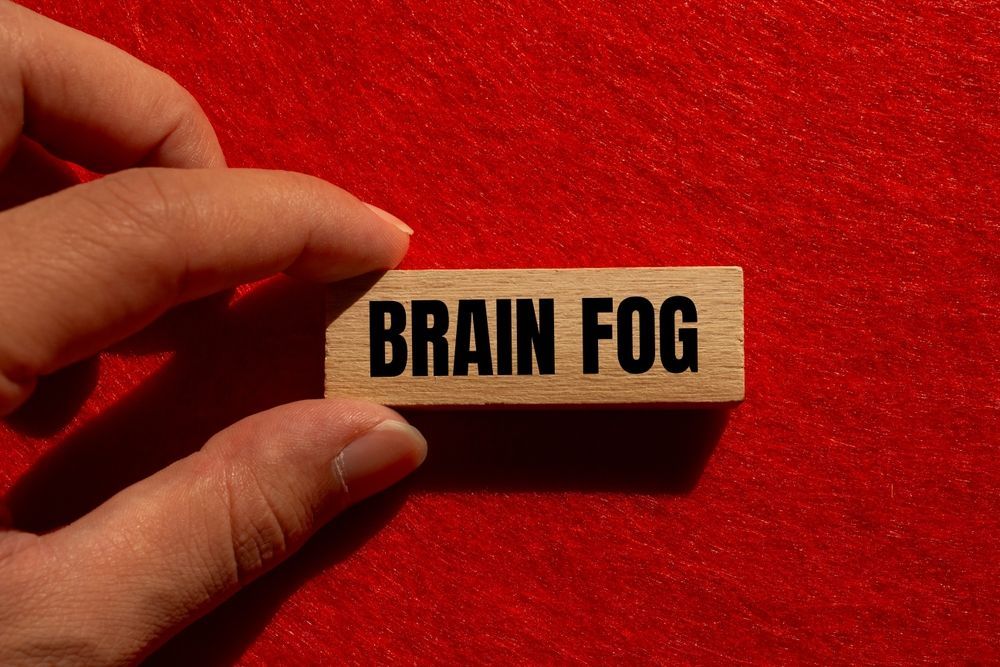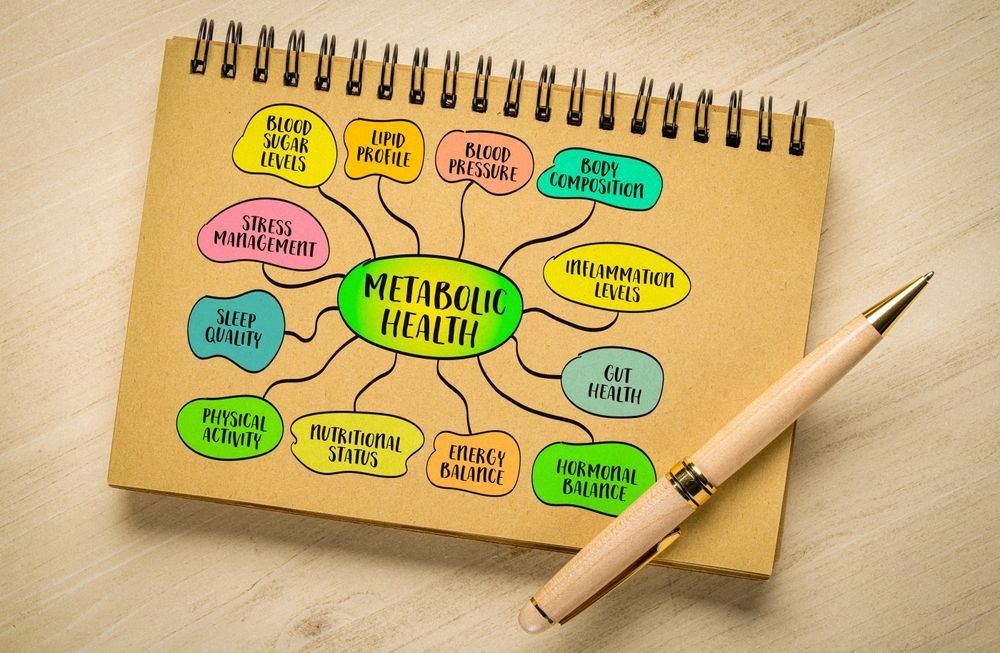Can IV Therapy Improve Cognitive Function?

In recent years, intravenous (IV) therapy has emerged as a popular treatment for various health concerns. Among its claims, one intriguing area of interest is its potential to enhance cognitive function. This article delves into the mechanisms of cognitive function, the basics of IV therapy, and the emerging research surrounding their connection.
Understanding Cognitive Function
The Role of the Brain in Cognitive Function
Cognitive function refers to a range of mental abilities that include attention, memory, reasoning, problem-solving, and decision-making. Essentially, it encompasses how our brains process information and react to stimuli. The brain itself is a complex organ composed of different regions that specialize in specific functions, working together to enable us to think, learn, and navigate the world.
The prefrontal cortex, for instance, plays a critical role in executive functions like planning and decision-making, while the hippocampus is essential for forming new memories. Understanding these areas helps us appreciate how cognitive function can be influenced by various factors, such as lifestyle, nutrition, and health conditions. Furthermore, the interplay between different brain regions is crucial; for example, the connectivity between the prefrontal cortex and the amygdala can affect emotional regulation and decision-making processes, illustrating how cognitive functions are not isolated but rather interconnected systems that contribute to our overall mental acuity.
Key Factors Influencing Cognitive Function
Several key factors can markedly influence cognitive function, including:
- Age: Cognitive decline is often associated with aging, though it is not inevitable.
- Nutrition: A balanced diet rich in essential nutrients supports optimal brain function.
- Physical Activity: Regular exercise promotes healthy blood flow to the brain.
- Sleep Quality: Adequate rest is vital for memory consolidation and cognitive health.
- Mental Stimulation: Engaging in intellectually stimulating activities can enhance cognitive abilities.
By addressing these factors, individuals can take proactive steps to maintain or improve their cognitive health. For instance, studies have shown that diets rich in omega-3 fatty acids, antioxidants, and vitamins can significantly benefit brain health, potentially reducing the risk of cognitive decline. Additionally, incorporating activities such as puzzles, reading, or learning a new language can keep the brain engaged and promote neuroplasticity, the brain's ability to reorganize itself by forming new neural connections. This adaptability is particularly important as we age, as it can help mitigate some of the cognitive challenges that arise over time.
An Overview of IV Therapy
The Basics of Intravenous Therapy
IV therapy involves administering fluids, vitamins, minerals, or medications directly into the bloodstream via a vein. This method allows for rapid absorption, making it a preferred choice for those needing immediate relief from dehydration, nutrient deficiencies, or other medical conditions. IV therapy can be customized to meet individual needs, depending on the specific nutrients or medications required.
The process typically involves inserting a small cannula into a vein, which connects to an IV bag containing the therapeutic solution. While this may sound intimidating, the procedure is generally quick and performed by trained healthcare professionals.
Common Uses and Benefits of IV Therapy
IV therapy can be beneficial for various health concerns, including:
- Rehydration: Essential for those who are dehydrated or recovering from illness.
- Nutrient Replacement: Ideal for providing vitamins and minerals that may be lacking in the diet.
- Immune Support: Helps bolster the immune system, especially during cold and flu season.
- Enhancing Athletic Performance: Athletes often use IV therapy to replenish lost fluids and electrolytes.
These applications highlight the flexibility of IV therapy, making it a popular choice across different demographics.
The Connection Between IV Therapy and Cognitive Function
How IV Therapy Could Enhance Brain Health
The link between IV therapy and cognitive function lies in the nutrients that can be delivered directly to the brain. For example, certain vitamins like B-complex and antioxidants can promote brain health and improve mental clarity. By bypassing the digestive system, IV therapy ensures that these beneficial compounds are available to the body more quickly and effectively.
Moreover, hydration plays a crucial role in brain function. Dehydration can lead to fatigue, confusion, and impaired cognitive abilities. IV therapy can rehydrate the body efficiently, which may help improve alertness and cognitive performance.
Nutrients and Supplements Used in IV Therapy for Cognitive Function
Typical nutrients that are incorporated into IV therapy for cognitive enhancement include:
- Vitamin C: An antioxidant that protects brain cells from oxidative stress.
- B Vitamins: Essential for energy production and neurotransmitter function.
- Magnesium: Supports nerve function and may aid in preventing cognitive decline.
- Omega-3 Fatty Acids: Vital for maintaining healthy brain cell membranes.
These nutrients work synergistically to foster a healthy brain environment, which may lead to better cognitive performance.
Scientific Research on IV Therapy and Cognitive Function
Current Findings in the Field
Research on the effects of IV therapy on cognitive function is still emerging, but several studies suggest promising results. For instance, some clinical trials have shown that patients receiving IV vitamins and minerals report improved mental clarity and focus. These improvements can be particularly significant for individuals recovering from illness or struggling with nutrient deficiencies.
However, while these studies are encouraging, they are often limited in scale and scope, necessitating further research to establish more definitive conclusions.
Potential Limitations and Risks of the Research
Despite the potential benefits of IV therapy, there are important limitations and risks associated with this approach. Some key considerations include:
- Lack of Standardization: Different practitioners may use varying combinations and dosages of nutrients, leading to inconsistency in results.
- Health Risks: As with any medical procedure, there are risks, including infection at the injection site and potential adverse reactions to the substances administered.
- Cost: IV therapy can be expensive and may not always be covered by insurance.
These factors warrant a cautious approach and consultation with healthcare providers before pursuing IV therapy for cognitive enhancement.
Practical Considerations for IV Therapy
Who Can Benefit from IV Therapy for Cognitive Function?
While many may consider IV therapy for cognitive enhancement, it may be particularly beneficial for:
- Individuals with nutrient deficiencies, such as those on restrictive diets.
- Patients recovering from illnesses that impact cognitive function.
- Older adults experiencing cognitive decline.
- Athletes seeking to maintain peak mental performance.
However, it is essential for anyone interested in this therapy to seek assessment and recommendations from healthcare professionals.
Precautions and Potential Side Effects
As with any treatment, IV therapy carries potential side effects. Common side effects include:
- Discomfort at the injection site.
- Headache or dizziness post-treatment.
- Possible allergic reactions to the administered substances.
It’s vital to communicate any previous health conditions, medications, or allergies to your healthcare provider to minimize these risks. Careful consideration and medical guidance can make IV therapy a safe and effective option for those looking to improve cognitive function.
Get In touch

14891 North Northsight Blvd Suite 118, Scottsdale, AZ 85260

8AM-8PM (Mobile)
8AM-6PM (In-clinic)
QUICK Links
We Accept

We accept cash and all major credit cards. Our services are also HSA & FSA (Health/Flexible Savings Account) approved!
© 2016-2025 Arizona IV Medics | All rights reserved | Privacy Policy | Powered By OMG Marketing







